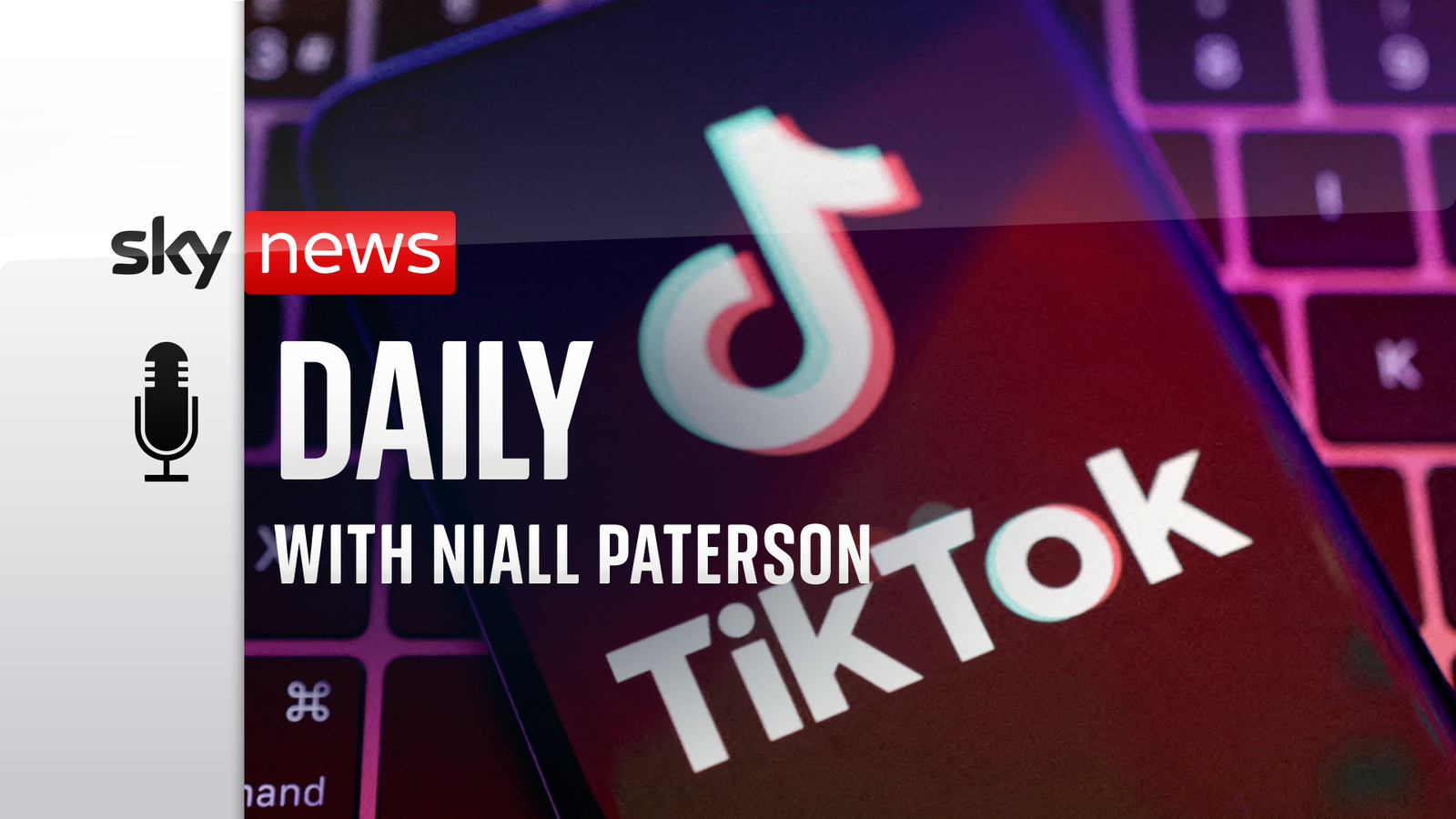Britain’s annual Remembrance Day has a special dimension this year because it is the 80th anniversary of the D-Day landings.
The speaker of the House of Commons, Sir Lindsay Hoyle, and the Imperial War Museum are arranging for images of the men and women who took part in the Normandy campaign to be projected on the Elizabeth Tower below Big Ben.
Political leaders past and present will be on parade to lay wreaths at the Cenotaph, which commemorates “Our Glorious Dead” from two world wars and other military conflicts. Those assembled see no contradiction in the fact they are all bound to have been involved in cuts to the UK’s defence capabilities.
D-Day, when British and American troops fought on to the beaches to liberate Europe, is the defining moment of the UK’s patriotic pride to this day – which is why it was a big mistake by Rishi Sunak in the summer to duck out early from France and the international commemorations of 6 June 1944.
Ever since then Britain and Europe have nestled in the security umbrella extended by the United States.
The Americans came, belatedly, to the rescue in both world wars and we assume that it would do so again. The North Atlantic Treaty (NATO) is explicit that an attack on one member is an attack on all, and the US is the dominant contributor to NATO in both cash and military might.
There was already fresh uneasiness among British politicians about how safe we really are as tensions grow around the world from Ukraine to the Middle East to China. A recent House of Commons report was entitled “Ready For War?”.
The re-election of Donald Trump and his “America First” priorities have increased those pressures.
Russia’s territorial aggression against Ukraine has brought bloody confrontation between nation states back on to our continent.
Meanwhile, Mr Trump, the US president-elect, has said he feels no obligation to defend European countries who do not spend as much as he thinks they should.
Given the enthusiasm of successive governments to cash a peace dividend by cutting back defence spending, there are real doubts as to whether the UK would be able to defend itself if it came to another war, according to General Sir Roly Walker, who has taken over as the head of UK armed forces.
This summer he set himself the task of readying “to deter or fight a war in three years”.
He is aiming to double the “lethality” of the army in the face of threats from Russia, China, Iran and North Korea which may be separate or co-ordinated.
The recent BRICS summit in Russia and the deployment of North Korean troops to fight with Vladimir Putin’s forces in Ukraine both show their willingness to internationalise local conflicts. George Robertson, the former defence secretary and NATO general secretary heading a defence review for the government, has also identified the threat from this “deadly quartet”.
General Walker says he can increase lethality within existing spending by smarter use of technology such as drones and AI.
The problem is that this will still require diverting resources from existing capabilities, when deployable fighting manpower is already at its lowest for 200 years.
British politicians are increasingly aware of the need to strengthen capability and a number of overlapping inquiries are under way.
But given the overall pressures on the national budget, they have been reluctant to focus on the full financial implications.
At Prime Minister’s Questions on Wednesday, the new leader of the opposition Kemi Badenoch challenged Sir Kier Starmer to say when the UK will spend 2.5% of GDP on defence; he retorted that it remains an unspecified commitment but that the last Labour government was the last to spend as much. From Mr Cameron to Mr Sunak, the Conservatives never did.
This sparring ignores the reality that for effective security, spending will need to rocket to 3% and beyond, and that Mr Trump may well be the one making that demand.
The US spends 3.5% of its national wealth – matching 68% of the defence spending of all the other members on its own.
Read more:
D-Day: The story of 24 hours that changed the world
Is the UK preparing for war amid threats of conflict?
UK must be ready for war in three years, British Army head warns
They have not all yet hit the official NATO target of 2%, designed in part to “Trump proof” the alliance against the possibility of an American pullout.
The US currently has 100,000 troops based in Europe, increased by 20,000 since Mr Putin’s attack in 2022.
The next Trump administration will certainly want to reduce that number. But a slow reduction of the US commitment is happening in any case.
This week, Professor Malcom Chalmers told MPs on the Defence Select Committee: “The most plausible planning assumption for the UK right now is that America will provide a progressively smaller proportion of NATO’s overall capability and we are going to have to fill those gaps.”
Given the likelihood that Mr Trump’s proposed new tariffs will slow the global economy, Sir Keir and the Labour government will have even less to spend on public services than it is proposing. It seems inconceivable that the UK would willingly go beyond 2.5%, whatever the current defence review says is necessary for the defence of the realm.
Just in current defence spending, John Healey, the new defence secretary, claimed he had inherited a £17bn “black hole” of unfunded planned spending from the Conservatives.
Ukraine is likely to be the first flashpoint.
Volodymyr Zelenskyy’s supporters want the US to increase its military aid when the US wants Europe to take more of the burden of defending itself as the US “pivots” to the greater threat it sees to itself from China.
Mr Trump has said he plans to end the Ukraine conflict in 24 hours.
In essence, Mr Putin would keep some of his territorial claims in Donbas and NATO would not extend its security guarantee to what remains of an independent Ukraine.
Mr Trump has already said that NATO’s longstanding and vague offer of eventual membership was “a mistake”.
Anxious not to alienate the US further and hard-pressed financially, some leading European nations including Germany appear ready to go along with such a sell-out.
👉 Tap here to follow the Sky News Daily wherever you get your podcasts 👈
A number of security experts, including former acting deputy prime minister Sir David Lidington, say this deal would be “Donald Trump’s Munich”.
This is a reference to the “peace in our time” deal agreed by prime minister Neville Chamberlain with Adolf Hitler, which failed to halt further aggression by Nazi Germany before the Second World War.
Then, as previously with the First World War, “America First” instincts were to leave the Europeans to sort out their own mess. But American forces ended up shedding their blood decisively in both conflicts.
Once again, the UK and Europe are not ready for war, and relying on an increasingly unreliable US. The politicians, prime ministers and generals gathering at the Cenotaph to honour the war dead should have much on their minds.














